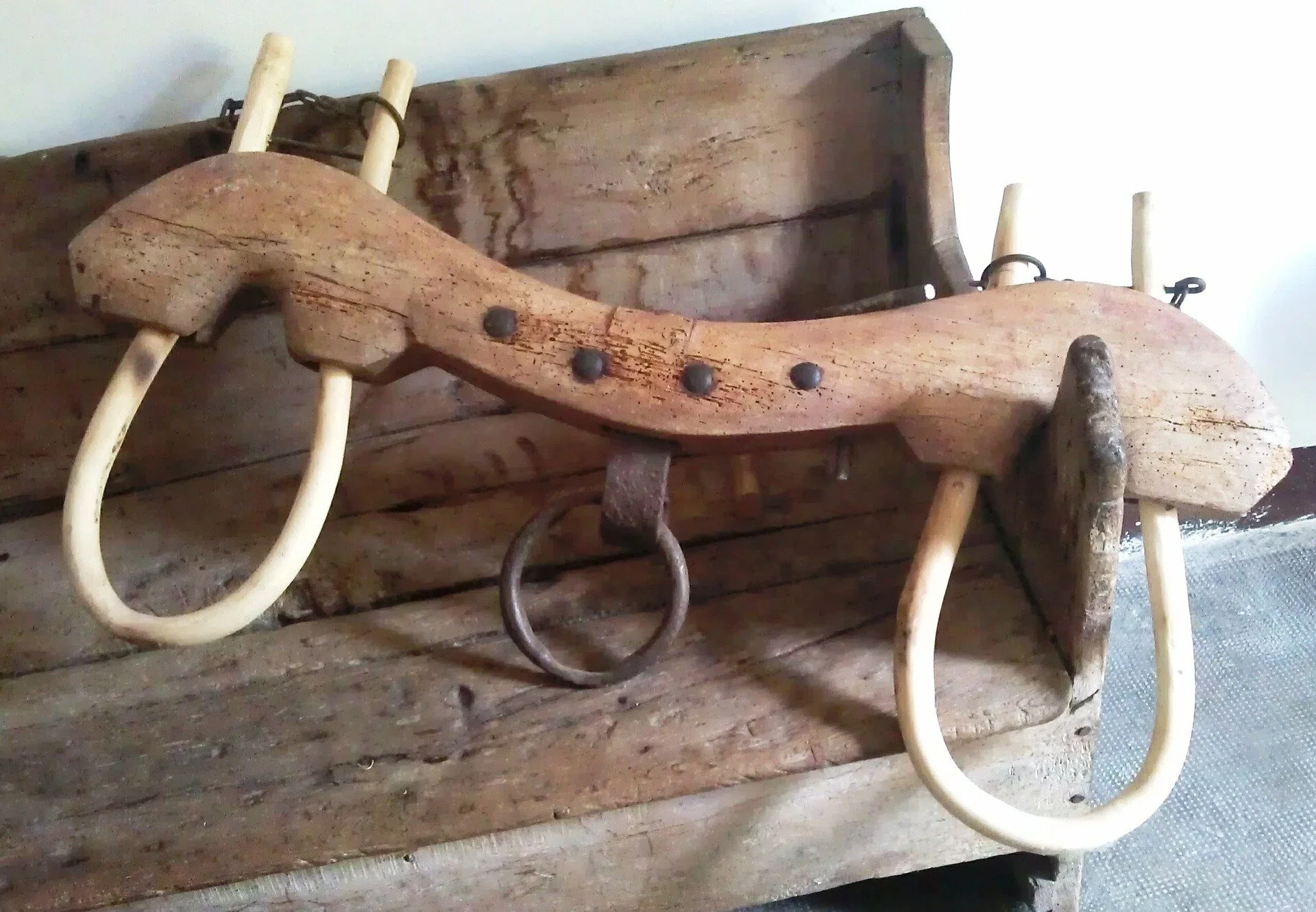Relentless - Part 4: The Pursuer - The Prince
He paced the floor, as he often did when things weighed heavily on him. He could feel the cool night air filtering in from the open doors that led to the balcony. He could smell the fire as it flickered brightly, seemingly without a care in the world. There were moments he wished he could be that free, but he cared too deeply.
He could not get her off his mind. She was his sister. She had become thus when she gave her heart to his father in the oath; an oath that could not be undone. Why did she not want to return to them? Why did she run away in the first place? Why did she not see how much they cared for her and wanted her to come home? Didn’t she know how her actions tore at his father’s heart? Didn’t she know the shadowed ones were always looking for an opportunity to destroy her?
The more he meditated on it, the faster he paced.
His thoughts were interrupted by a knock on his door.
“Come!”
His father entered. His face, always alight with passion and energy, was shadowed with care.
“Father! Do you have news? Has Laney returned?”
His father moved to the plush, oversized chair near the fireplace and fell into it with a sigh.
He quickly took the other chair next to his father and waited. It was never wise to push the King for information. He knew him like he knew himself. The King would speak when he was ready. The fire grew dim before the King finally spoke.
“These next few weeks are critical. While she cannot see it, she has crossed into their territory. They will take advantage of every single bad choice she makes. It will be dangerous for her. I need you to post a small company of the Guard around her. They are to watch and keep the darkness at bay, but not interfere.”
Image by Pete Linforth from Pixabay
“Father! Why can’t we just pull her out? Why must we let this go on, leaving her to her own will; watching her dive deeper and deeper into destruction?”
“You know why, my son. Her will is strong. Almost as strong as yours.” The king smiled gently. “But you used your will to accomplish my purposes. She is not there yet. It must be her choice. To take her back by force will only cause her to rebel more earnestly. Believe me, I know her inside and out.”
The king rose from the chair and he followed suit.
His father grasped his shoulders. “I know how hard this is for you. You have been there living among them as one of their own. You are intimate with their limitations and struggles, but you know I am trustworthy. You placed yourself at my behest, even though it involved great sacrifice.”
Image by KTDesign_studio from Pixabay
He looked intently into his father’s golden eyes. He saw what he always did. Mercy, patience, forgiveness, and a love so deep it was unfathomable.
He nodded. “I know, father. You are right. I know that she is there by her own choice, but it pains me to see her suffer.”
“You are not alone in that, my son.” He turned to go. “When you are done gathering the Guard, go to Arabella. Together you can pray.”














